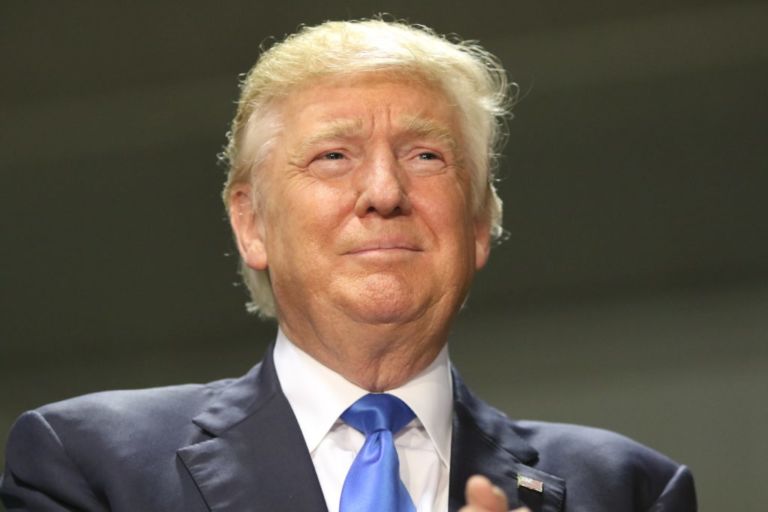Christian Schneider writes for National Review Online that political prognosticators should focus on more than just this year’s presidential election.
[T]he most important question isn’t who is going to be elected president in 2024. Instead, the key issue is:
Who is going to be president in 2026?
The question gets marginally less provocative every day. Anyone gaming out the election knows that neither Biden nor Trump has the political capital to remain in office long past Inauguration Day 2025. For both parties, this year’s election is like one of those car-dealer ads that promises you a good trade-in price for any vehicle you can push, pull, or drag to the dealership. Both Republicans and Democrats need to lug their candidates’ political cadavers over the November finish line, then figure it out from there.
Democrats, while not entirely nonplussed at their dire situation, nonetheless have to be far from plussed. More Americans have gone to a theater to see Madame Web than believe Joe Biden is of plausible presidenting age. A recent poll found that 86 percent of Americans thought that, at 81 years old, Biden was too old to serve a second term — and that included 77 percent of Democrats. But if he wins, after a couple of 2025 press conferences where Biden forgets to put on pants and can’t name the current president, Google will be inundated with cabinet secretaries searching “how do u 25th amendment a president.”
Conversely, if he makes it back to the White House, Trump is even less likely to serve as long as Biden would. Perhaps if he is successful in delaying his trials past Election Day, he could either make some of his 91 felony counts go away or pardon himself if convicted while in office. But he still faces charges in New York and Georgia state courts, which he cannot simply wave away.


